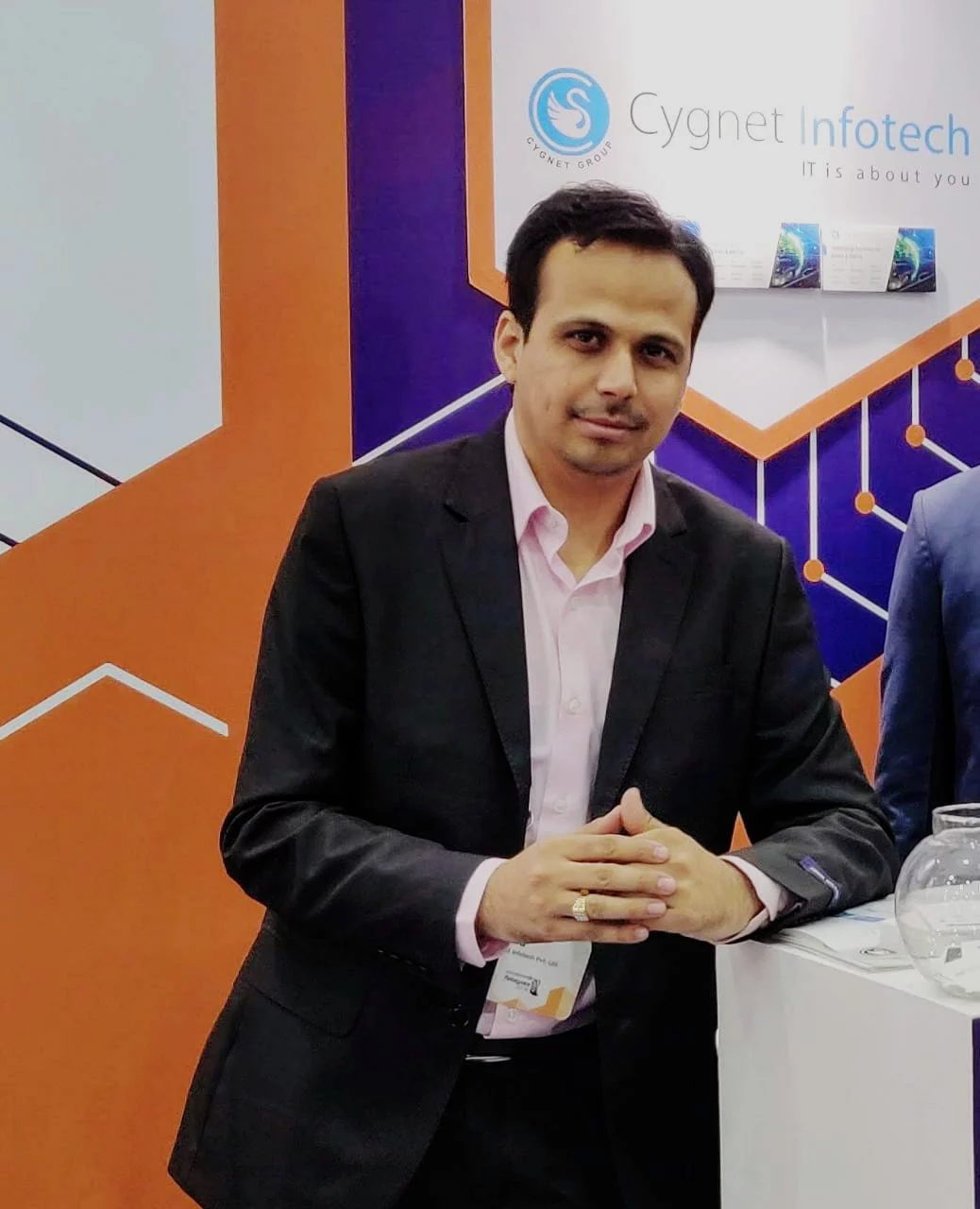It used to be a common practice some years ago for companies to develop inhouse software in the absence of readily available packaged software and applications. But recently after the introduction of ready-to-use solutions, cloud computing, machine learning and artificial intelligence, businesses around the world took a digital turn.
In recent times, with the easy availability of customisable software and related automation tools, organizations are reluctant to build in-house information technology (IT) systems to reduce costs as well as their dependency on the internal IT resources. Same question persists for Fintechs and their digital journey.
What is Fintech?
The word ‘Fintech’ – a shortened version of ‘financial technology’ – has a wide scope which is often used to refer to financial institutions that leverage cutting-edge technology to provide financial services directly to all businesses and other customers. Overall, Fintech describes a rapidly growing technological aspect that seeks to improve and automate the use and delivery of financial services.
Current Scenario & Future of Fintech
The financial services industry has always had a traditional perspective that took its own sweet time to accept innovation. However, the recent years have seen a complete turnaround. Financial technology was nothing more than a back-office support function for bankers but things have changed dramatically since the advent of fintech. When it comes to recent modern-day banking, almost every organization is powered by digital applications where banks are operating in a world of application program interfaces (APIs) where non-bank financial entities are becoming a common threat and competitor to their businesses with their competitive digital bank offerings, requiring banks and other financial institutions to adapt and catch up.
Over the past few years, fintech has found its way in the innovation economy when the business world shifted to offering embedded financial services, integrated into the core business offerings with EMI schemes and ‘buy now, pay later’ incentives. Automation has given rise to massive vertical competition among various industry sectors. With digitization and digital transformation happening all along the value chain, complex value chains of data from financial statements, tax returns, credibility reports etc. has been aligned with ERP tools to make the lending and finance market more customisable and consumer oriented. With the introduction of blockchain technology, it can be clearly witnessed that fintech and all other technological changes are a test of human capacity and business practices to evolve and adopt to new trends and possibilities. With the accelerated pace of tangible changes, organizations need to catch up by adopting rapid physical and digital transformation which also poses a need for equipping businesses with powerful computing systems.
This brings along with it a debate on whether companies should build their own fintech software or buy a ready one from a vendor. Let us discuss both possible alternatives.
Building your Own Fintech Software Internally
The question posed is whether to invest in a new internal IT system or look for a technology firm that provides the functionality required. Before making any decision, it is to note that building a new software from scratch requires extensive internal resources like staff, capital, technological knowledge, training, and it often has a longer gestational period. While such proprietary systems are fully customizable and if done right can provide a competitive advantage, they also run the risk of becoming a cost centre that requires massive internal investment with no assured outcome.
Pros:
- Complete control over creation and development process and can pause, resume or influence it however they wish to.
- Retention of ownership of the software & code, thereby potentially giving rise to Intellectual Property Rights (IPRs).
- No limits on customisations and changes, even in the future due to presence of a dedicated IT Team.
- Exclusivity of Software / Application as it is created from scratch by the company’s internal team.
Cons:
- Complex and time-consuming
- Longer process – identify specific business needs, develop related technical tasks followed by the process of writing the code, developing policies, documenting, creating IPRs and integrating these tools with the current business systems. This also shifts focus from core business activities to building an IT software in absence of a dedicated team.
- The above process is slower compared to buying ready solutions and considering the rapid pace of changes in the digital markets, the new release could be outdated and obsolete by the time it is released in the market. If not a new software, at the least many changes and additional developments will be required because of the new industry, regulatory and business requirements.
- The software created must also simultaneously comply with the regulatory and reporting requirements of fintech software which creates the need for experienced professionals who are aware of and understand the latest changes in law and regulatory requirements.
- A proper technical IT team is a huge cost for the business.
- Precise calculations and cost-benefit analysis needs to be done for carrying out such an in-house development. In reality, scheduled deadlines get postponed which lead the real expenses to go over budget, having a direct impact on profitability of the business.
When is it Advisable to Opt for Building your own Fintech Software?
It is advisable to opt for building your own fintech software when the company a very specific requirements and no ready-to-use software is available in the market. It is also better to build your own software if the business already has a strong & dedicated IT system with enough financial resources to build, maintain, update and support it in the long-term perspective.
Buying Ready Fintech Software from a Vendor
In the current cloud-based digital technological market, it becomes necessary for financial institutions to improve internal and operating effectiveness by addressing customer experiences and streamlining internal communications by sharing and being able to access data across the enterprise. For many years in the past, the only alternative available was to develop such technology in-house, despite the amount of time and costs in terms of capital expenditure and other opportunity costs. However, in the current market there exists an outsourcing option where buying ready packaged software from a third party vendor helps save massively in terms of time and expenditure.
Pros:
- Saves time as a business can immediately start operations with the packaged software, leading to efficiency in processes.
- There is no requirement for a huge or dedicated IT team, even during the implementation or support stage as customer service is usually available along with the ready software.
- Being a product, pre-packaged software conforms with regulatory standards, so the business need not bear the costs of an experienced professional or legal team for using the software.
- The budgeting plans and implementation can be more precise due to a clear estimate of costs of buying the ready software.
- Due to the software being used on a large scale or by multiple people, updates are generated whenever a change in the system is needed. Hence, the company need not contact an IT system for making amends to the code. Similarly, most ready software allows some customisations based on the business needs, thus making ready to buy software time & cost effective and more efficient in utilization of resources.
Cons:
- The software developer retains the source code and IPRs.
- A ready solution, though customisable, may not allow changes beyond a certain limit as it depends on the flexibility of the code and additional integrations.
Conclusion
A company needs to evaluate the future and needs based on a futuristic roadmap and allocation of expenses to decide which alternative suits their business practices best. With the growing digital market environment, it becomes extremely crucial to keep up to date and take advantage of what technology has to offer, early enough to gain a competitive edge. Merely adoption of digital initiatives is not enough as decision-makers will need to make some fundamental changes to undergo successful digital transformations like Zerodha did in the past to reap full benefits. This becomes essential as it provides an opportunity for organizations to look at the big picture and align their fintech initiatives with the long-term vision and strategic plans.











